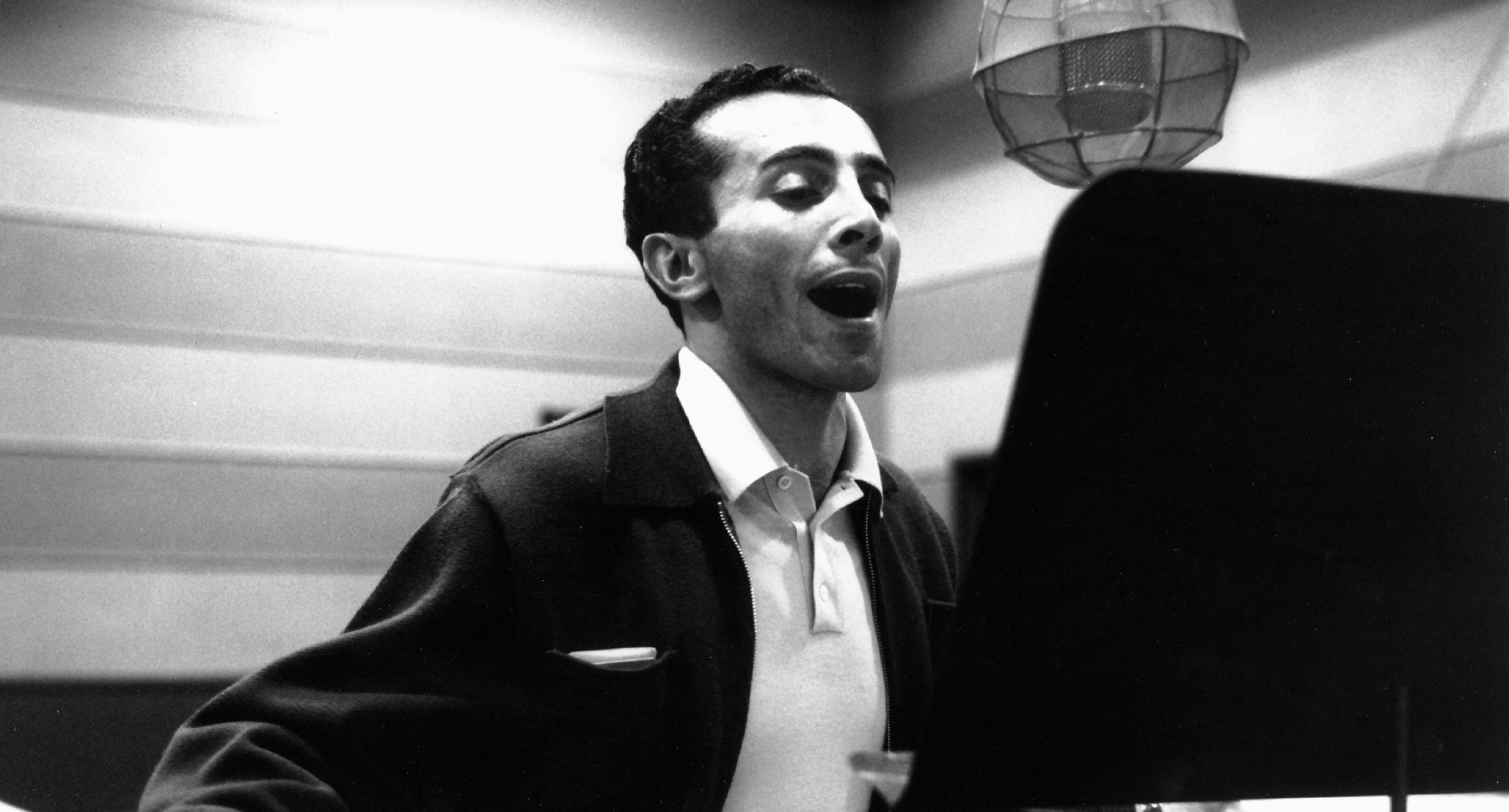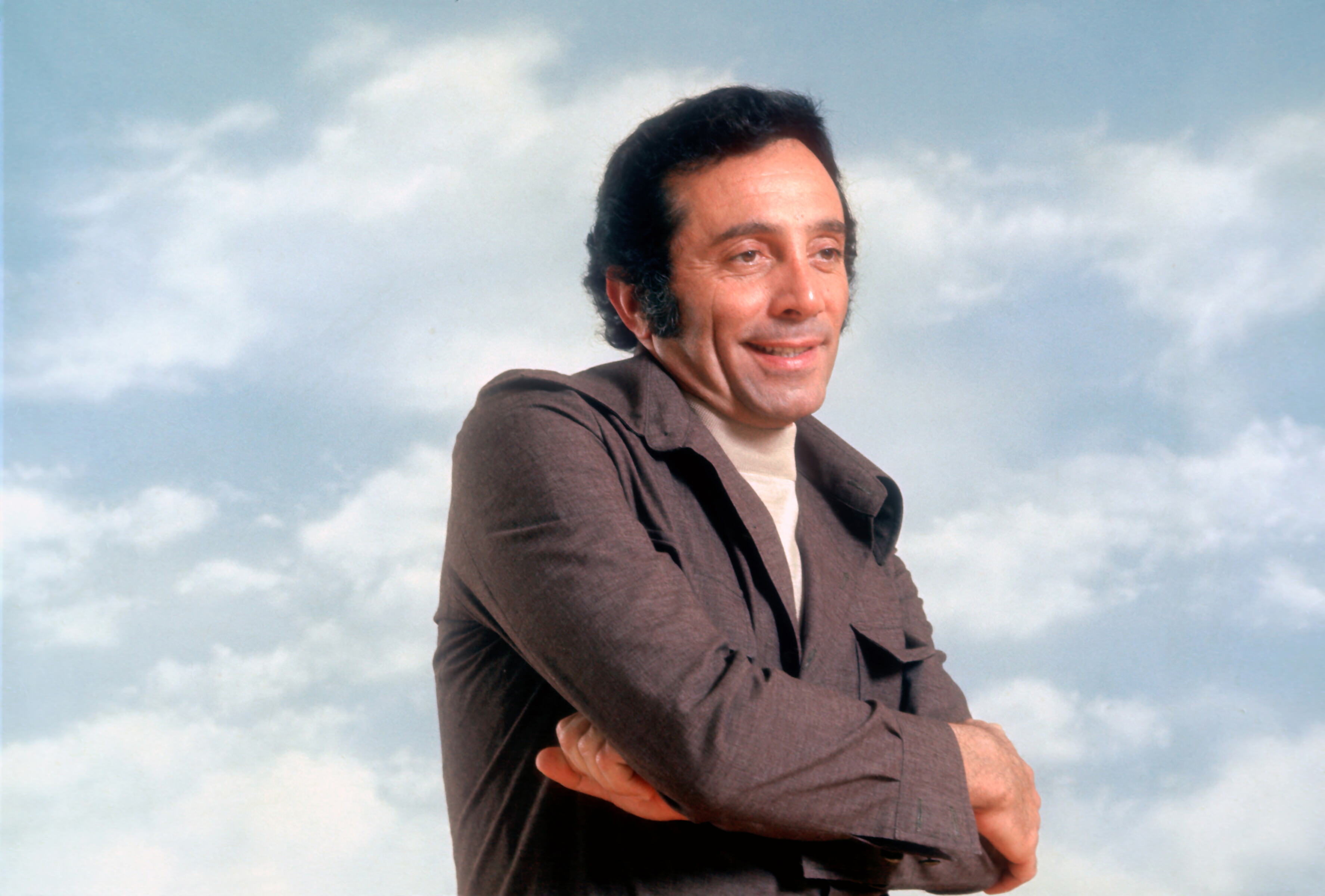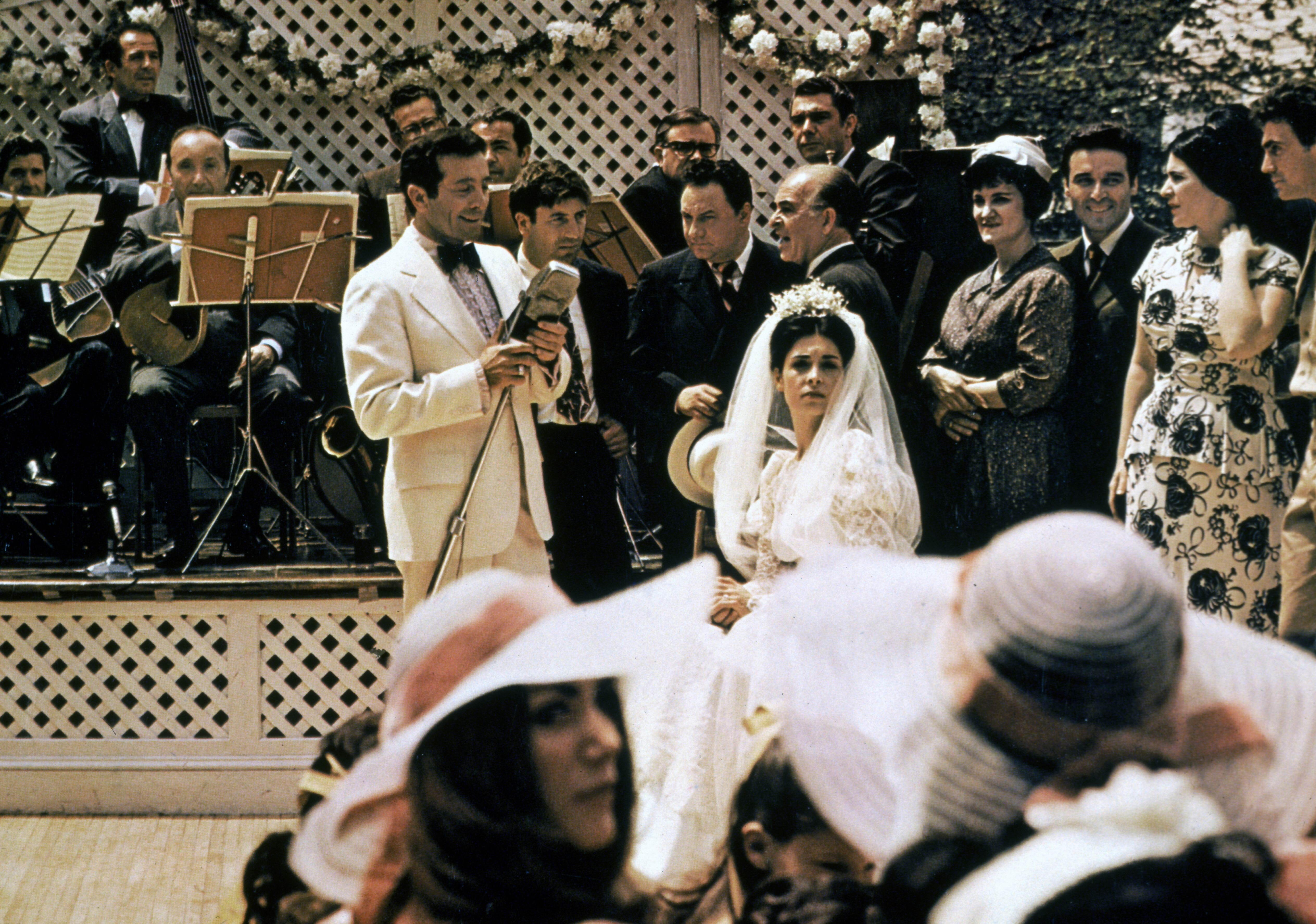
The Official UK Singles Chart celebrates its 70th birthday this week. Since its inception, the UK has consumed more than four-and-a-half billion singles – with 1,404 of them reaching number one spot.
But how did a former bricklayer from Philadelphia achieve the first UK number one, commencing a chart history that’s recorded everyone from The Beatles to Madonna, Queen to Taylor Swift?
The UK Singles Chart has come a long way in the seven decades since it began – and is now more sophisticated, and arguably more redundant, than ever.
In November 1952, Percy Dickens, co-founder of the New Musical Express (known as NME to most), had the bright idea of a new feature for his magazine. It was a simple idea, and in fact one that had been used by American music mag Billboard for more than a decade prior, but nonetheless something of keen interest to post-war Britain: what are the most popular songs right now?
This was before Excel, before fancy online systems, before official data was rolled out along with a fancy PR-proofed statement from some jubilant chief exec. Instead, what Dickens did was gather a pool of record stores and ask them a question as simple as his feature idea: ‘What were your top 10 best-selling songs this week?’
For the first ever chart, Dickens rang an evenly rounded 20 stores to find out, before aggregating them into a Top 12 chart. Yes, Top 12 – that’s what the first singles charts first offered. And, interestingly, the first Top 12 didn’t even contain 12; with positions 7, 8 and 11 all tied, the first Top 12 actually included 15 songs.
Confused? You needn’t be. Just focus on one track, which sat pretty atop the pile: the heart-rending romantic ballad ‘Here In My Heart’ by Italian-American crooner Al Martino. That’s the track that made history as the first-ever UK number one.
Fans of film with a strong memory (Film Quiz Podcast fans that is), might recognise Martino’s name as the actor behind the mob-linked, Frank Sinatra-inspired singer Johnny Fontane from The Godfather and The Godfather: Part III. But prior to that, Martino had made a name for himself as a singer off-screen – achieving a lifelong dream that was a world away from the environment he grew up in.

Born Alfred Cini in Philadelphia on 7 October, 1927, his parents had immigrated from Italy before setting up a masonry business in the US. As a result, a young Al started his career as a bricklayer for the family business, working alongside his brothers Pasquale and Francis.
But inspired by the stardom of famous faces like Perry Como and Al Jolson, and encouraged by that good ol’ American Dream, Alfred had his sights set on singing – away from the bricks and mortar of the family firm.
Before anyone had a chance to live out their dreams, however, the Second World War ensued, and Al would serve twice with the US Marines, where he was involved in the invasion of the Pacific Island of Iwo Jima and consequently injured. His injuries were never fatal, though, and after recovering he embarked on his long-held ambitions in showbusiness, first singing in nightclubs around Philadelphia.
In 1948, now under his mother’s maiden name Martino, Al moved to New York, where he won a competition on the CBS channel Arthur Godfrey’s Talent Scouts with a performance of ‘If’ – a song which had been made popular by his hero Como.

The prize for his efforts? A recording contract with Philadelphia-based record label BBS.
And whilst this gave him the platform to record ‘Here In My Heart’, Martino’s history-making nearly never happened, with the song – written by Pat Genaro, Lou Levinson, and Bill Borrelli – almost being given to tenor singer Mario Lanza instead. After a pleading phone call from Martino, however, the track was his.
Martino’s song spent three weeks atop the US pop charts (now known as Billboard Hot 100), before eventually catching a spark across the Atlantic, at just the right moment for it to rank number one among the 20 shops Dickens rang for the first New Musical Express charts.
As a result, this unlikely Philly singer would make history – although Martino didn’t know, until someone told him he’d set a Guinness World Record.

Al Martino in The Godfather.
Fame wouldn’t always be kind to Martino. After the success of ‘Here In My Heart’, two thugs turned up to his manager’s house and demanded they be given Martino’s contract – a demand which his manager was forced to accept.
When Martino complained, he was beaten up by two men at the 500 Club in Atlantic, before fleeing to Britain, where he’d made history. It would be six years until he returned to his native America, by which point the ascendancy of rock n’ roll had all but obliterated the field of crooning he was defined by.
Since Martino’s UK single record, the Official Charts has had many iterations – not just keeping record of such changes in genre preference, but altering in response to listening habits, too.
Record Maker and Melody Maker, NME’s rival publications, began compiling their own charts in the mid-50s. And by 1969, the formally titled British Market Research Bureau was formed, which was commissioned by the BBC, with a slightly more sophisticated manner of compiling the results, and reported on via their long-running radio programme, Pick of the Pops.

The Official Charts have had to evolve a lot over the years, to accommodate for the changes in people’s listening habits.
At the early turn of the century, the music industry’s chart-tracking had to consider the new ways people listened to music. In 2004, it added downloads sales into the calculation of chart success; in 2014, streaming via platforms like Spotify was added to the mix; and in 2018, music video views on platforms like YouTube were also added.
Indeed, the evolution of the charts has charted an ever-changing world itself. But one man will always hold the record for having the UK’s first number one single: Al Martino with ‘Here In My Heart’.




